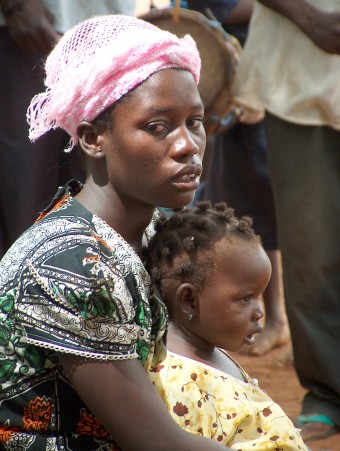Gender Mainstreaming: Social Justice and Equality

Gender is a socially constructed definition of women and men. Gender is determined by the conception of roles and tasks attributed to women and men in a society and on a family, community and political level.
Unlike biological characteristics of women and men, gender relations are contextspecific. Even if they vary between and within countries, women in most parts of the world are confronted with discrimination.
Women face difficulties concerning the access and control over resources, they are excluded or underrepresented at decision making levels, and they are denied an appropriate education which would empower them to improve their lives.
In many societies the social and economic contributions of women are undervalued and their potential for development is ignored or neglected, which is a dramatic loss for development.
Gender mainstreaming aims at gender justice and equality and is thus a must for sustainable development.
This has been recognised in international development policies and most agencies have adopted gender as a crosscutting theme for their development programs – with insufficient results until today. In order to approach gender justice, a real commitment of the institutions is needed as well as appropriate strategies and concepts.
Ruth Daellenbach supports organisations by offering the following services:
- Gender mainstreaming: Consultations for the development of the institutional gender policy and strategy
- Integration of gender as a crosscutting theme in the programs, projects and through the PCM phases of planning, implementation, monitoring and evaluation
- Empowerment of women’s organizations
- Gender evaluations.
